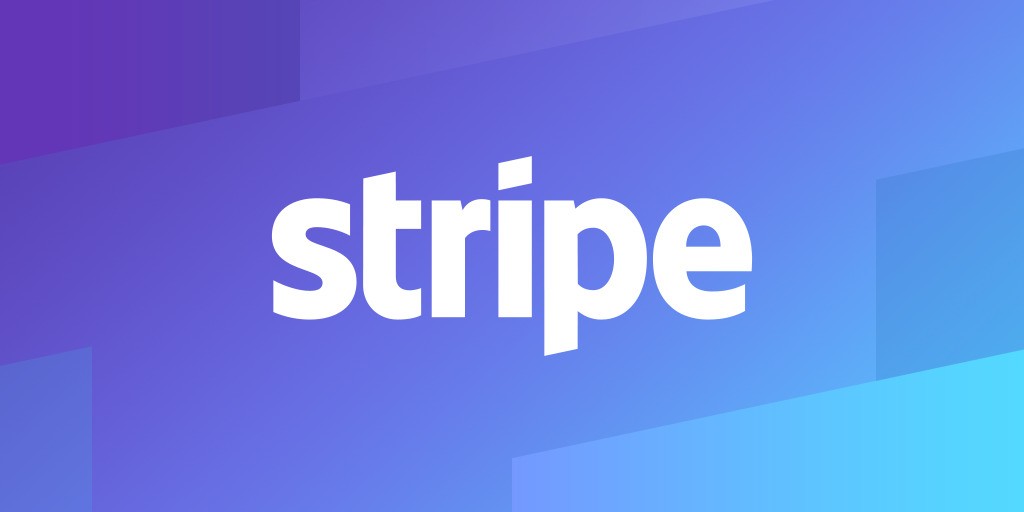Stripe dives into stablecoins rolls out major AI tools

Stripe unveiled a slew of new product launches at its annual Stripe Sessions user event on Wednesday, including an AI foundation model for payments, stablecoin-powered accounts, and a new Orchestration offering. The fintech giant also revealed a deeper partnership with Nvidia, a chip behemoth that recently migrated its entire subscriber base to Stripe Billing.
Stripe’s payments foundation model has been trained on tens of billions of transactions, capturing hundreds of subtle signals about each payment that other models would miss, according to Emily Glassberg Sands, Stripe’s head of information. One use case is improved fraud detection. The company claims that its new foundation model increased its detection rate for card-testing attacks on large businesses by 64% practically overnight. Stripe’s previous models had gradually reduced card-testing attacks by 80% over two years.
The new foundation model uses self-supervised learning, discovering its own features, Will Gaybrick, Stripe’s president of product and business, told TechCrunch. “We have found over and over and over again in machine learning, generalized models outperform,” he said. “A big part of that is agility. It just performs better and adapts better to changes in fraud patterns.”
Stripe is not the only fintech to have built a model using AI for fraud detection. Sardine, an AI risk platform for fraud, compliance, and credit underwriting, raised a $70 million Series C funding round in February. However, Stripe’s generalized model is designed to capture subtle signals that other models might miss.
In addition to the AI foundation model, Stripe announced its intent to bring stablecoin-backed, multicurrency cards to businesses by partnering with startups like Ramp, Squads, and Airtm. This move comes three months after Stripe completed its acquisition of stablecoin platform Bridge. With such cards, businesses across multiple countries will be able to operate in the same currency for the first time.
Stripe also launched Orchestration, a new offering that helps businesses set up, manage, and optimize performance across multiple payment providers from its dashboard. The company used the event to name numerous AI companies that use its billing product, including Windsurf, OpenAI, Anthropic, Cursor, Perplexity, and ElevenLabs.
Nvidia‘s migration to Stripe Billing was completed in six weeks, marking the “fastest-ever migration to Stripe Billing,” according to Vivek Sharma, Stripe’s head of revenue automation. Other announcements by Stripe included support for 25 new payment methods, Klarna’s availability on Stripe’s consumer payments product Link this summer, and the ability to use Stripe Terminal with third-party hardware.
Other new features and products include Managed Payments, a merchant-of-record offering that handles global taxes, fraud prevention, dispute management, fulfillment, and more; Smart Disputes, which uses AI to automate disputes handling; and Stripe Tax, now available in 102 countries, up from 57 last year. Global Payouts allows businesses to pay out to customers, contractors, and other third parties with just an email address.
